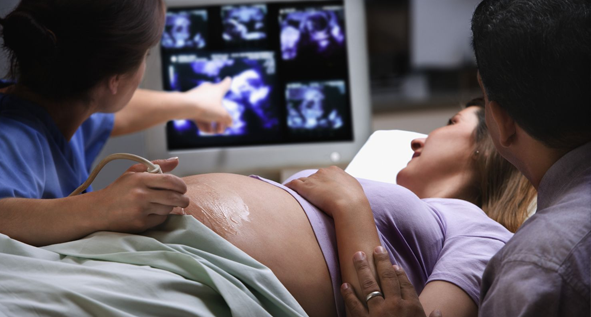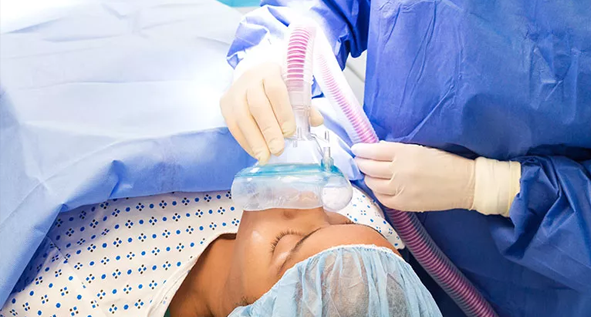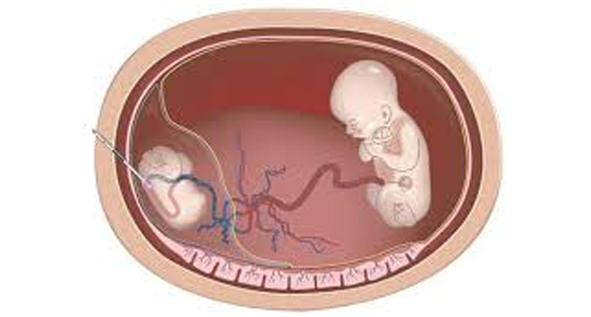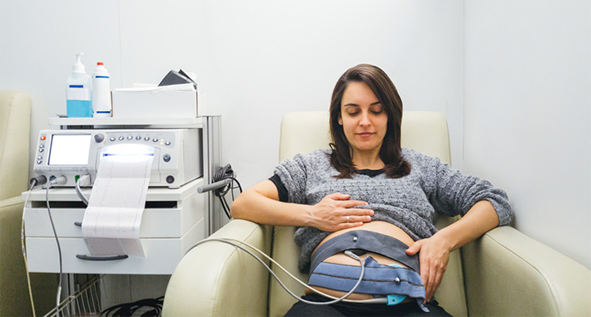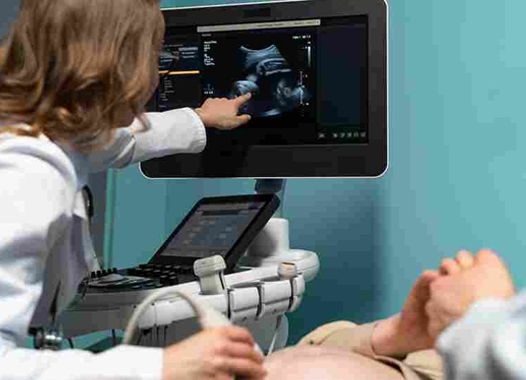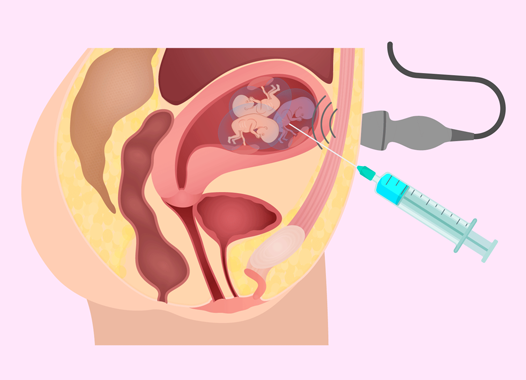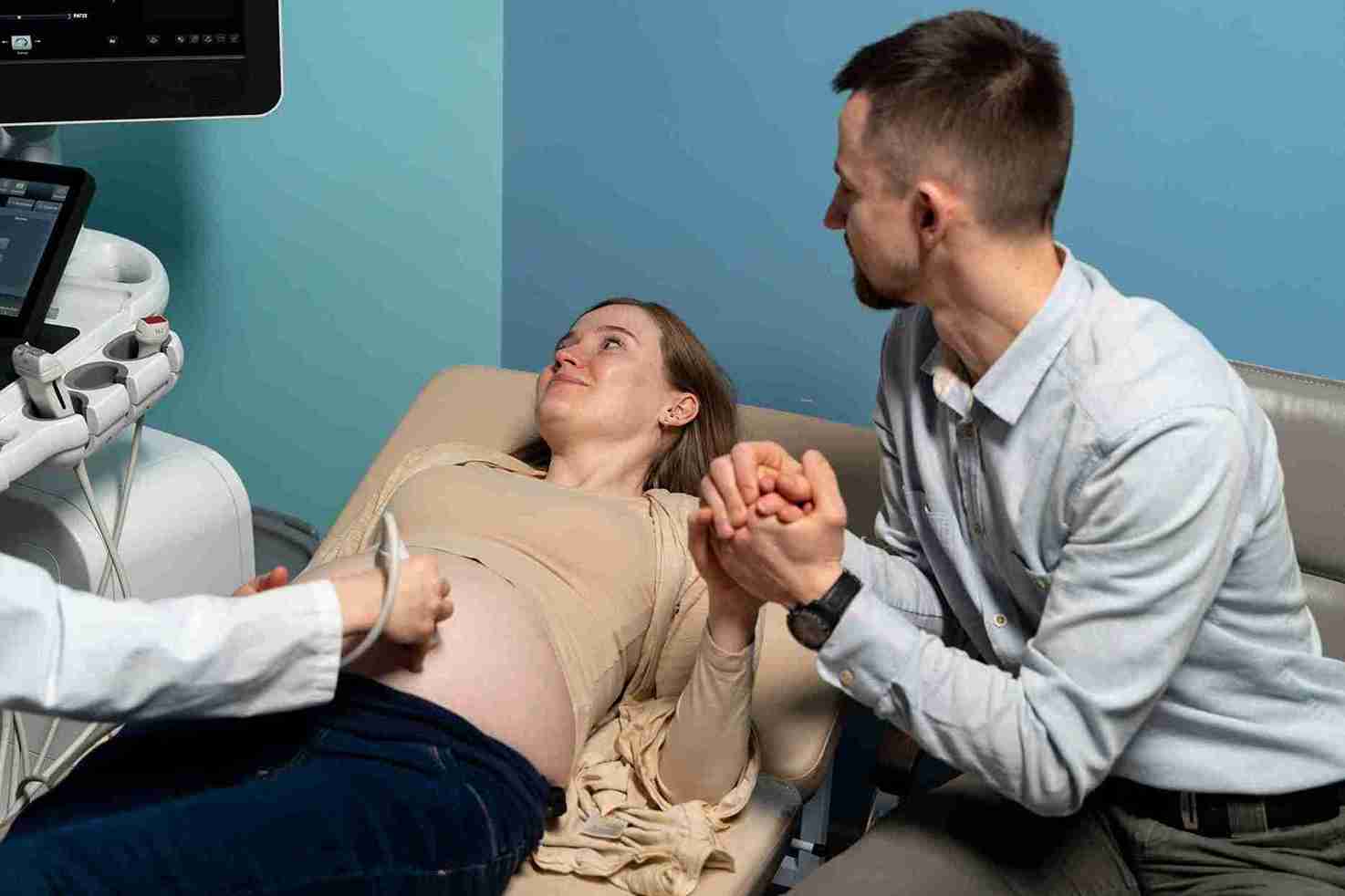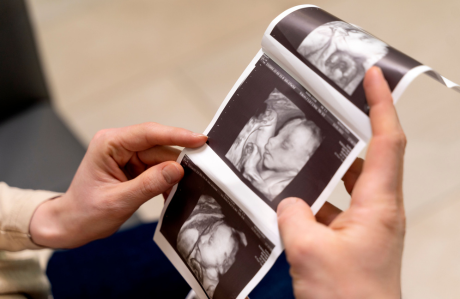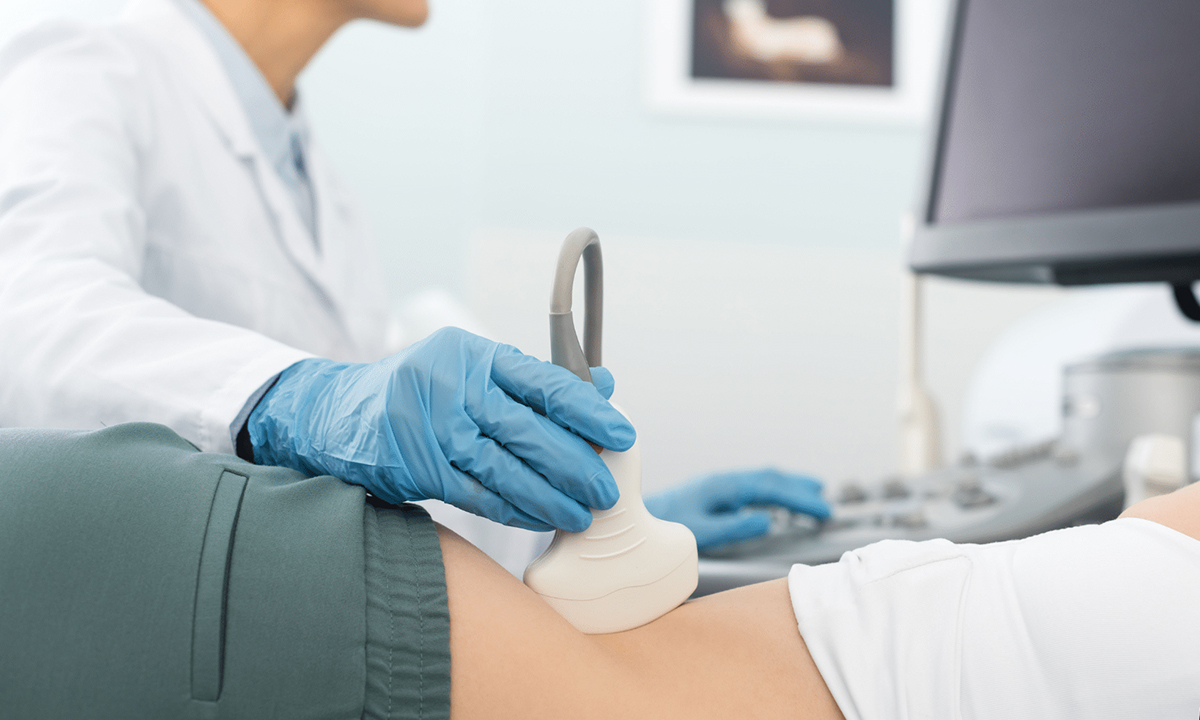When is Fetal Reduction Needed?
Fetal reduction is considered in various situations, including:
High-Risk Multiple
Pregnancies

When a woman is pregnant with two or more fetuses, the risks of preterm birth, low birth weight, and developmental complications increase significantly. Reducing the number of fetuses can help manage these risks.
Selective Reduction
for Health Concerns

In some cases, one or more fetuses may have a severe medical condition or anomaly that could impact their survival or the health of the other fetuses. Fetal reduction procedure can be used to selectively reduce the affected fetus.
Maternal
Health Concerns

If the mother has a medical condition that makes carrying multiple fetuses risky, fetal reduction can help decrease the strain on her body and reduce the risk of complications.


